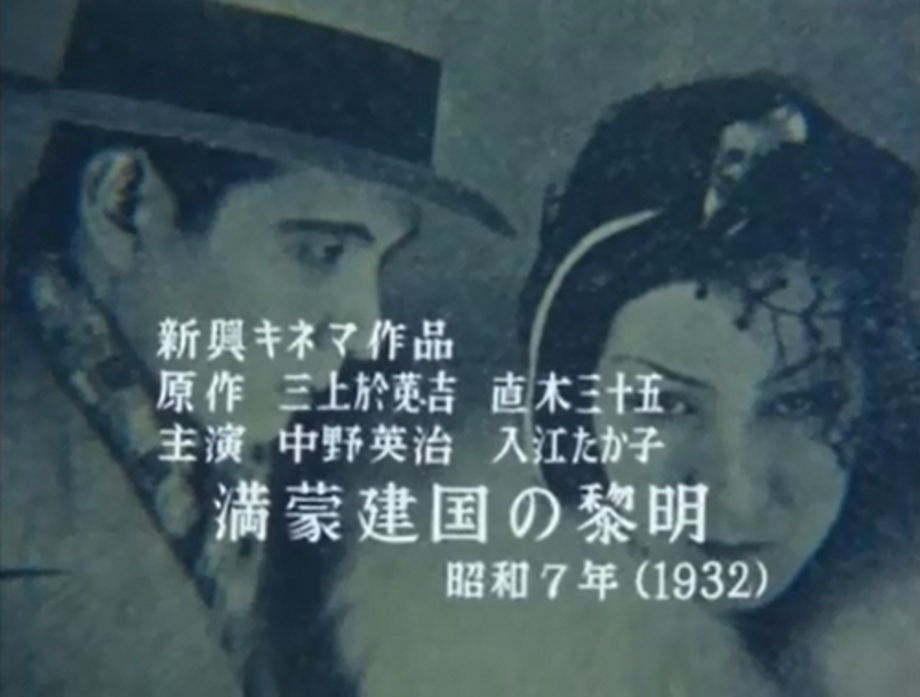We sometimes forget that history is statistical approximation of collected experiences. And this process of collection is heavily biased by the political view, cultural understanding or artistic taste of each individual collector. When it comes to the life of a complex man, the collection tends to diverge, then we start to wonder how much of the story is actually reflection of each collector. Welcome to the world of “Citizen Mizoguchi”.
This film may be a bit difficult to follow, if you are not familiar with the events described in a series of interviews. For example, it is not clearly laid out what happened during the shooting of “Yokihi”. Takako Irie was supposed to play the role of Yokihi’s sister, but the director insulted her in front of everybody, saying “you are no good, you must have forgot how to act, because things you do recently are the role of demonized cats (in B-horror films).” According to many accounts, Mizoguchi appeared to have grudge against her since he had been hired by her to direct “Water Magician” as Irie in leading role, 30 years earlier. He felt humiliated, though Irie had no ill intention. This documentary does not introduce this episode in ‘clear’ perspective. Rather it handles it as a collection of spoken words by people who knew.
After watching this film, I bet you wouldn’t know any more about Mizoguchi, the man, than you had known before. You may see, for the first time, stills from a couple of lost films you had never known, but that’s nothing. This film just confuses you as to what kind of person he was. He could be vein and self-conscious but very sincere and honest. He could be a tyrant from hell and gentle soul at the same time. He hates women and loves them. But that may well be who he was. If the life of a man were logically explained in two hours, then he wouldn’t have made “Sansho the Bariff”, “Ugetsu” or any masterpieces we come to love.
Kenji Mizoguchi : The Life of a Film Director (ある映画監督の生涯 溝口健二の記録, 1975)
Directed by Kaneto Shindo
Written by Kaneto Shindo
Starring ; : Takako Irie, Daisuke Itô and Kyôko Kagawa

